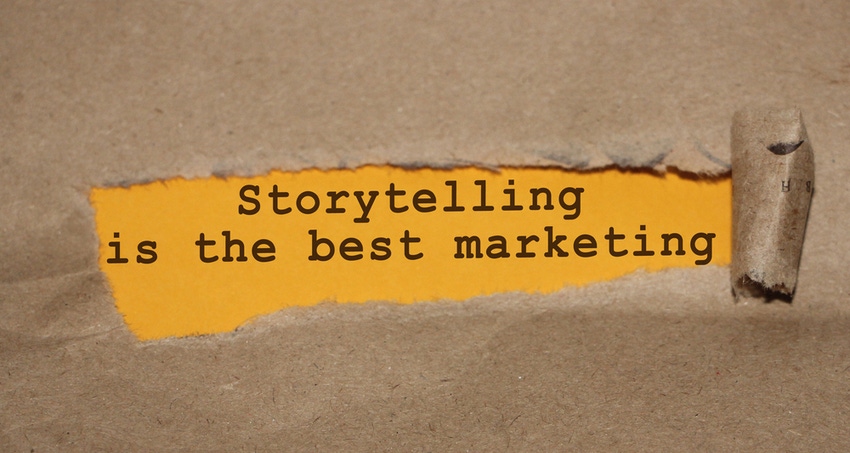Channel partners need to step up their brand game to create shared experiences with customers.
January 24, 2023


Arthur Germain
Storytelling is a powerful way to build your brand. When it comes to marketing and sales, the most successful brands have something in common: they tell a story. These brands understand that every product or service has an inherent story and they make sure their customers are aware of that story. That same is true for your brand — a solid story that you can share with customers, partners, employees and your community is critical.
A brand story — your own brand story — is even more important today as marketers continue to use vendor-provided content and begin to embrace AI copywriting services to generate new content. A story that is about the value you provide to your customers and the benefits they receive by doing business with your firm gives you the ability to differentiate yourself from competitive partners and showcase where you sit in the channel ecosystem.
Stories strengthen brand loyalty and increase brand awareness.
Why brand stories? Because the traditional list of products and services features that exists on most websites and the standard copy in most blog articles — let alone the reposting of vendor-created content — just isn’t cutting it with customers any longer. If you want to build brand loyalty and increase your brand awareness, creating and sharing your own brand stories is the most cost-effective approach.
Brand stories are memorable.
In a world of content overload and the ever-present distractions of social media, your customers have a very short attention span. This means that you want to create a brand story that sticks with them in a way that other marketing messages don’t. You want to link your brand with a positive memory that prospects and clients alike can easily recall when they see or hear from you again.
Brand stories are easy to share.
Remember when you were in school? It was hard to memorize a group of facts and figures. It still is. But if your instructor shared a personal story, it probably stuck with you. Facts and figures are important, of course, but that’s why you have sell sheets. Stories are different. Once someone hears your story, they’re more likely to tell other people about it. Brand storytelling makes sharing easy because it not only allows others access into your company culture, it also helps build trust over time. Consider how repeating a story during interactions among different audiences — employees, customers, vendors — helps to make the story even more memorable.
Brand stories are relatable.
Your customers look for relevant topics in the stories they hear. It’s difficult for your customers to relate to most of the technology marketing they hear every day, like “Our technology is flexible, scalable, secure.” These are just random adjectives. But when you share a story, they can see themselves in the narrative. Stories engage audiences and make them part of the action, like this:
One of our clients was facing a recurring issue every time they went to add a new employee. Our engineering team discovered the client wasn’t providing new employees with correct access to the shared files they needed to work. You know what that meant – new hire calls to IT every time someone came onboard. It turns out that a simple provisioning automation routine was able to give each new employee secure access to all the files they needed as soon as they logged into the network from wherever they were working. In fact, we were able to integrate this IT provisioning directly with the HR system, so setting up a new employee for payroll also lets you get them set up with all the servers and apps they need to be ready for day one.
Brand stories stick.
The best brands tell strong story-like narratives that resonate with their customers and strengthen loyalty. Like the example above, sometimes these stories can take the form of a brief anecdote. Regardless of what form they take, stories are an effective way to build trust with your audience in a way that’s more substantial than just saying, “We’re your trusted advisors.”
By creating a clearly defined storytelling strategy and implementing it consistently you’ll be able to establish, strengthen and promote your channel partner brand as well as communicate your business values.
Arthur Germain is the principal and chief brandteller at Brandtelling. Follow him on LinkedIn.
About the Author(s)
You May Also Like


